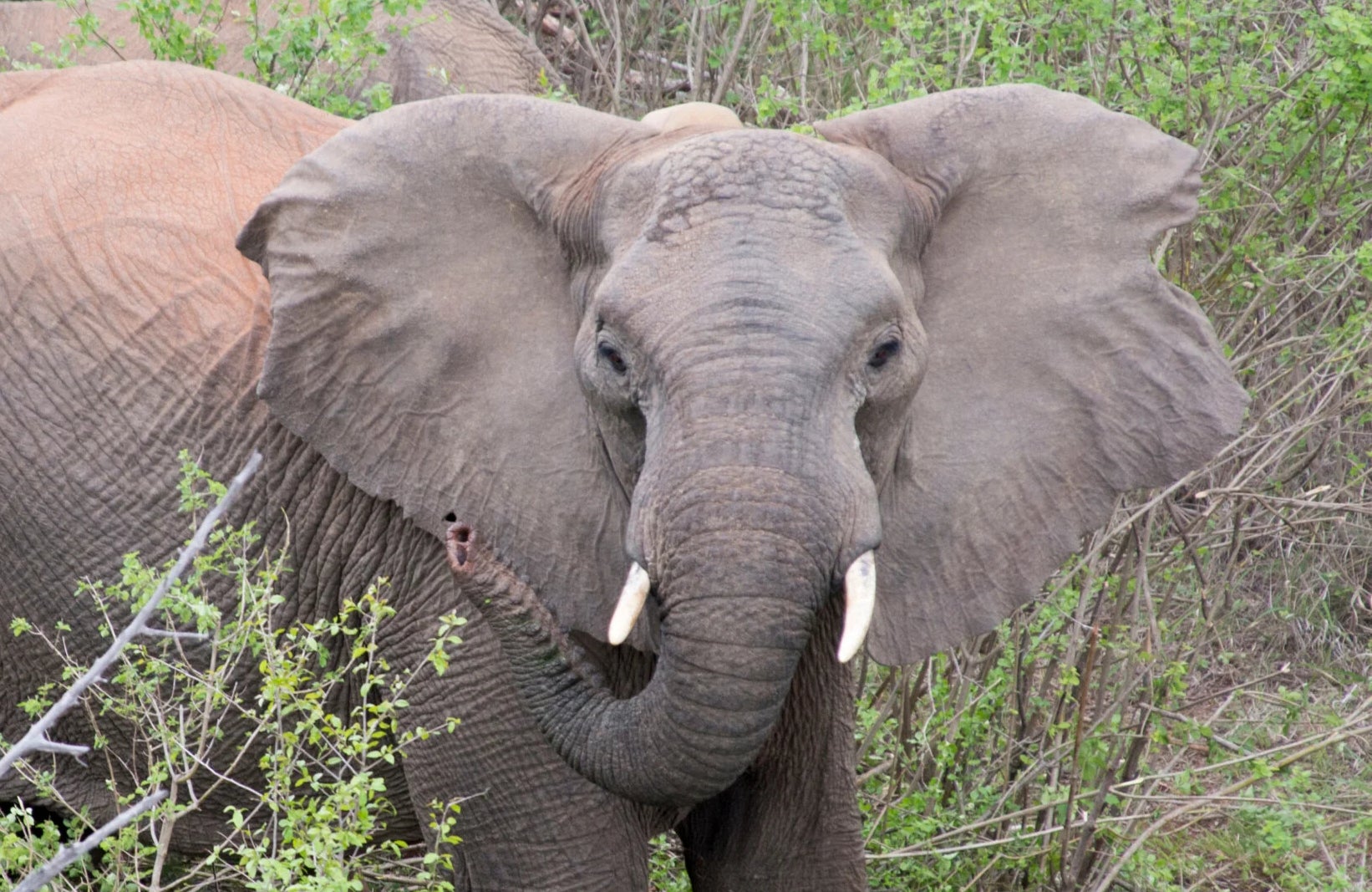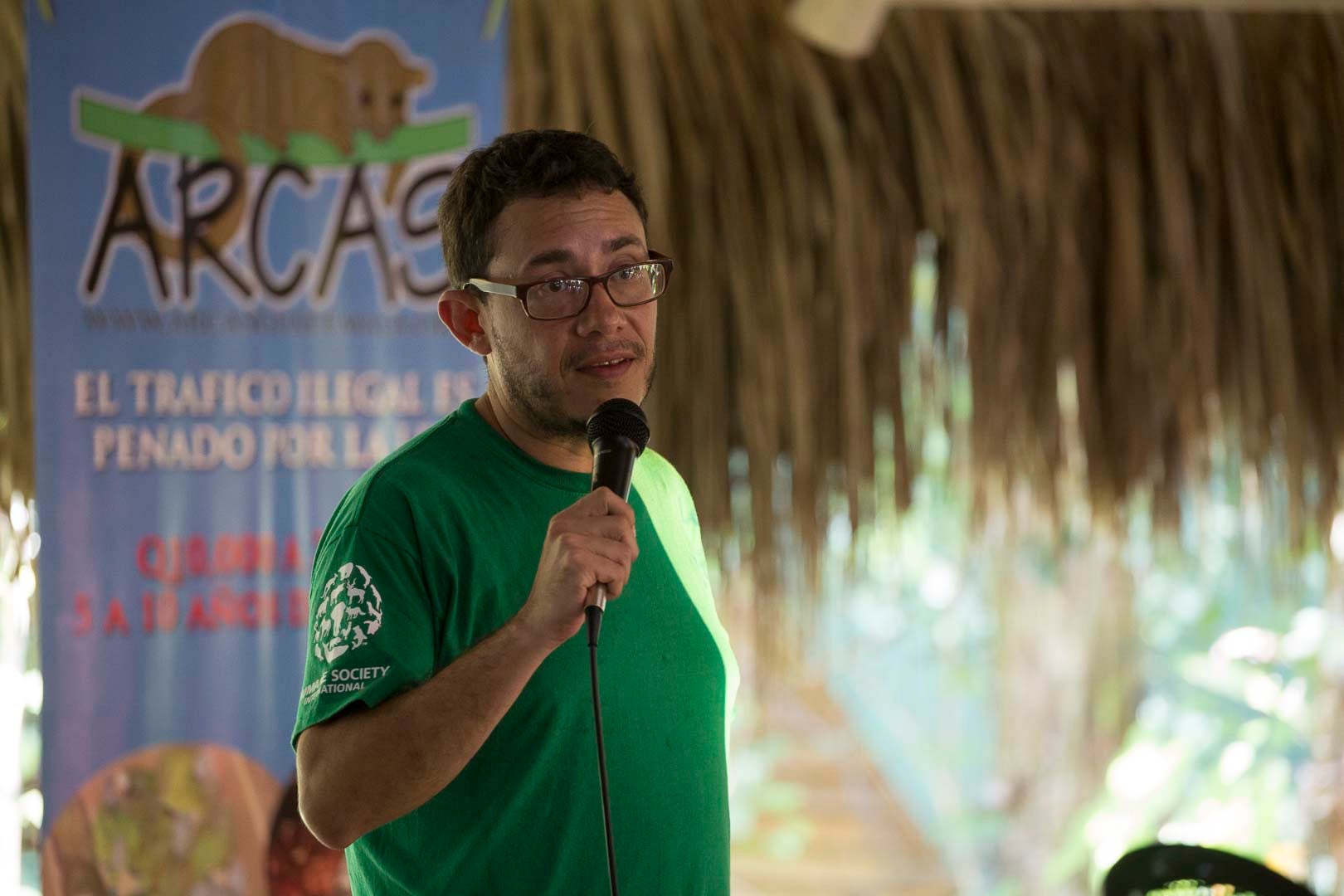
BRUSSELS—European Union Member States have agreed by majority to support the European Commission’s proposal to reduce the protection status of wolves under the Bern Convention. Humane Society International/Europe believes this regrettable move paves the way for wolf culling as a response to farmed animal depredation and undermines Europe’s efforts to protect and restore biodiversity. It also ignores the call by hundreds of thousands of citizens and organizations for the EU to step up human-wildlife coexistence efforts.
Dr. Joanna Swabe, HSI/Europe’s senior director of public affairs, said:
“We are bitterly disappointed by the decision of Member States to lower the protection status of wolves. While we understand the concerns of local communities, it is important to prioritise evidence-based approaches when managing wildlife.
Although wolves have made a remarkable recovery in parts of Europe, largely due to legal protection measures, the latest assessment by the International Union for Conservation of Nature and Natural Resources found that six out of nine transboundary wolf populations remain vulnerable or near threatened. So, it’s clear that these large carnivores have yet to reach a favorable conservation status across the entire EU.
Reducing wolf protections at this stage, without solid scientific support, just to placate the farming and hunting lobbies, will jeopardise the progress made in restoring wolf populations and—if the Bern Convention is amended—will open the door to further weakening of protections for wolves under the EU’s Habitat Directive. Instead of focusing on lethal control, more concentrated efforts should be directed toward promoting coexistence with wolves. Proven measures such as better strategies to protect farmed animals can address concerns over wolf depredation more effectively than weakening the protections of large carnivores. We believe that fostering this kind of coexistence is the best path forward for both humans and wildlife.”
Facts about wolves in the EU:
- Wolves play a crucial role in maintaining healthy ecosystems and supporting biodiversity across Europe and are granted strict protection under both the Bern Convention and the EU Habitats Directive.
- Wolves are present in 24 of the EU Member States and their total population in the EU amounts to 20,000 individuals. However, the most recent assessments done under Article 17 of the Habitats Directive demonstrates that in six out of seven biogeographical regions in the EU their populations are in unfavorable or inadequate conservation status. Wolf recovery is still in progress and the primary objectives of the Bern Convention and Habitats Directive—restoring endangered species—have yet to be fully achieved.
- The Commission’s own detailed analysis shows no proof that culling effectively reduces depredation of farmed animals.
- Last week, a joint statement by more than 300 civil organizations, including HSI/Europe, was presented to decision makers, calling on EU Member States to reject the European Commission’s proposal to weaken the protection status of wolves under the Bern Convention and instead intensify efforts to achieve coexistence with large carnivores.
- An online petition urging EU Member State Environment Ministers to uphold the current conservation status of wolves and prioritize preventive measures to protect farmed animals from attacks has gathered more than 300,000 signatures to date.
- A survey, conducted in November 2023 in the rural areas of 10 member states, where local communities coexist with large carnivores, showed that 68% of participants support the strict protection status of large carnivores (including 61% of sheep farmers) and 75% claim that farmers should implement available measures to protect their animals from large carnivores. The vast majority of respondents believe that killing of problematic individual carnivores should be a last resort, when protective measures have failed and 69% insist that decisions on the management of wolves and other large carnivores should also consider the benefits and functions these animals provide.
ENDS
Media contact: Yavor Gechev: +359889468098; ygechev@hsi.org



